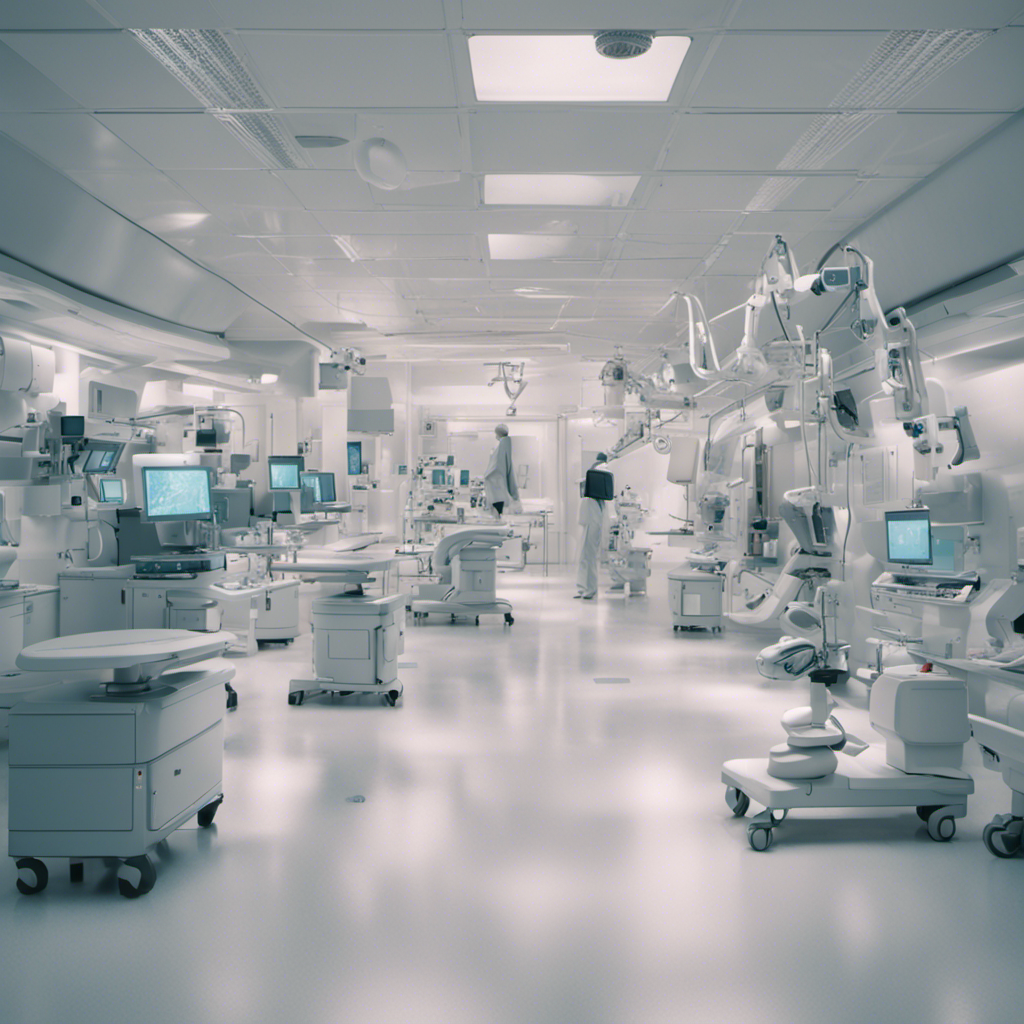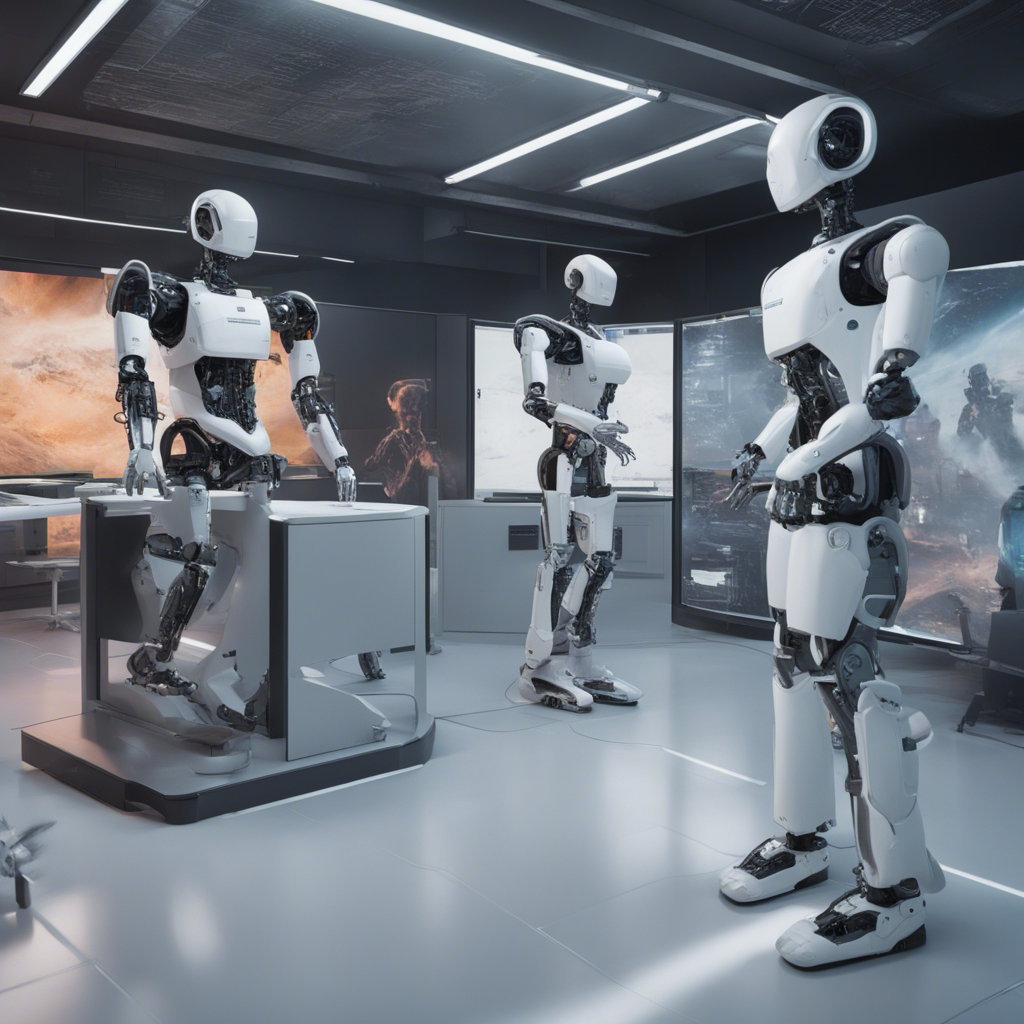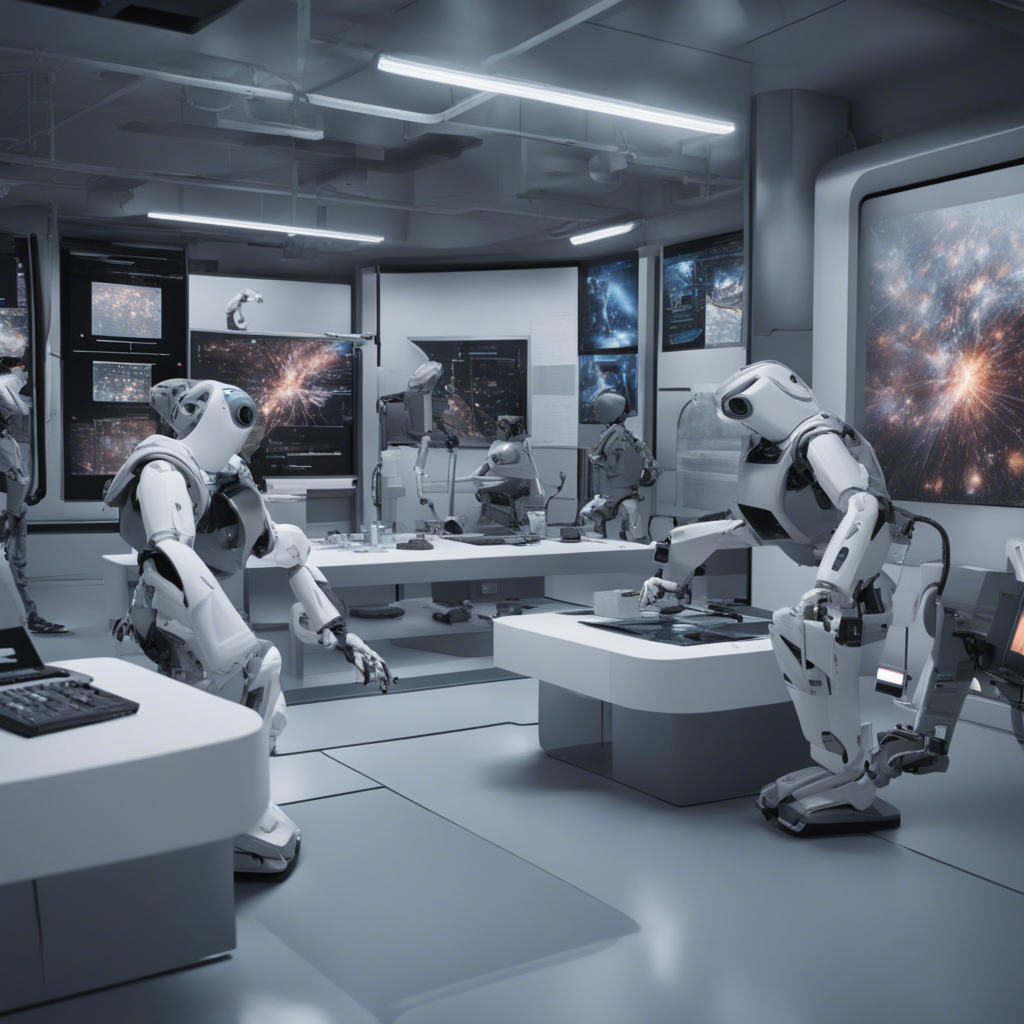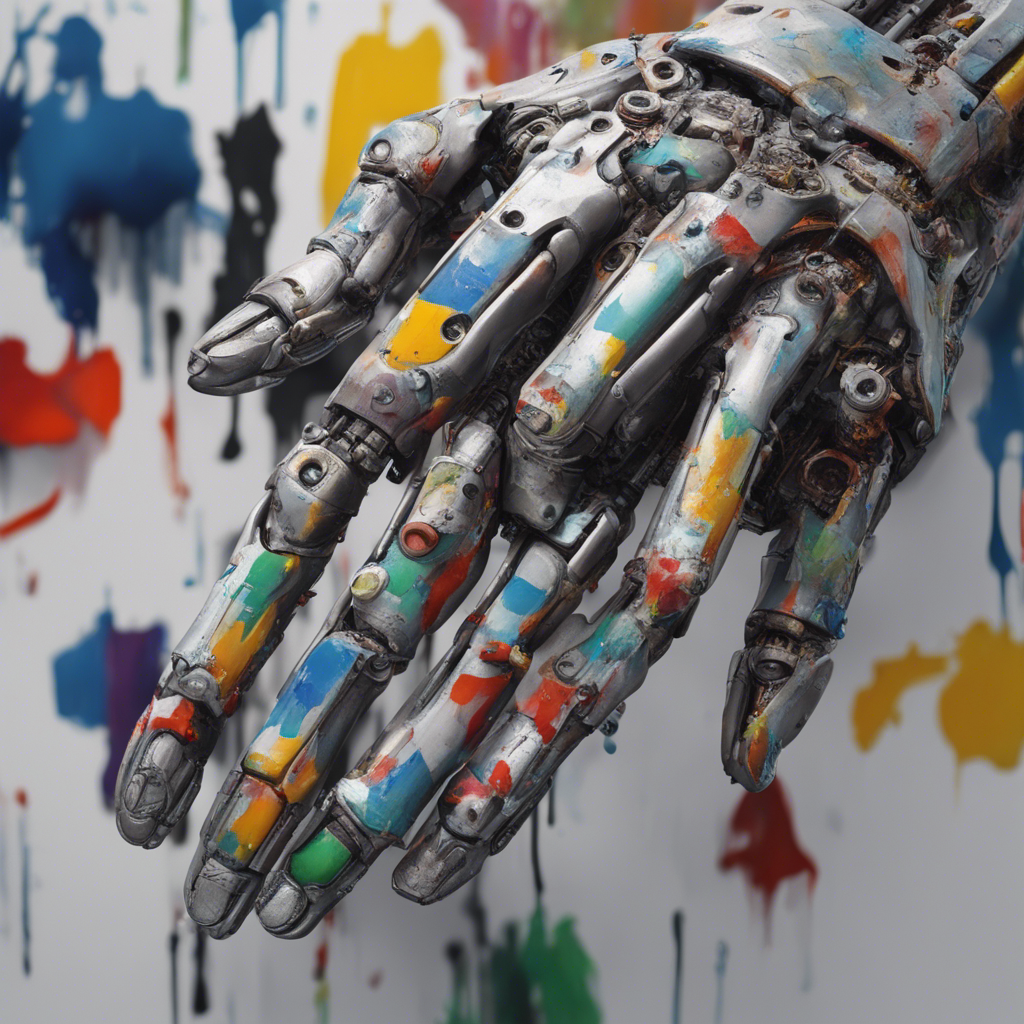
Artificial Intelligence (AI) has rapidly evolved in recent years, revolutionizing various industries and transforming the way we live and work. In particular, AI has made significant advances in the field of healthcare, offering immense potential to improve patient outcomes, streamline processes, and reduce healthcare costs. In this blog post, we will explore the remarkable ways in which AI is transforming healthcare and the potential it holds for the future.
Improving Medical Diagnosis and Treatment
One of the most promising applications of AI in healthcare is its ability to enhance medical diagnosis and treatment. Machine learning algorithms have demonstrated exceptional capabilities in analyzing vast amounts of medical data, such as patient records, lab results, and medical imaging scans. By leveraging this data, AI systems can assist healthcare professionals in making accurate and timely diagnoses, potentially reducing the risk of misdiagnosis.
Moreover, AI-powered tools can aid in the identification of patterns and trends that may go unnoticed by human doctors, leading to more precise treatment plans. For instance, AI algorithms can predict disease progression, recommend personalized treatment options, and even highlight adverse drug interactions. These advancements have the potential to improve patient outcomes and optimize healthcare resources.
Enhancing Medical Imaging and Radiology
Medical imaging plays a crucial role in diagnosing and monitoring various medical conditions. However, interpreting complex medical images can be time-consuming and subject to human error. This is where AI has proven to be a game-changer. Deep learning algorithms, a subset of AI, can analyze medical images with exceptional accuracy and speed.
AI-powered imaging systems can detect anomalies, assist in the early detection of diseases like cancer, and precisely quantify the size and growth rate of tumors. By automating the image interpretation process, AI minimizes the risk of oversight and enables radiologists to focus on complex cases, providing more efficient and effective healthcare services.
Enabling Predictive Analytics and Precision Medicine
Another area where AI is transforming healthcare is predictive analytics. By analyzing large datasets and employing predictive models, AI can identify patterns and develop algorithms for early disease detection and prevention. This enables healthcare providers to take proactive measures, potentially saving lives and reducing healthcare costs.
Furthermore, AI’s role in precision medicine is significant. Precision medicine focuses on tailoring treatment plans to individual patients based on their unique genetic makeup, lifestyle, and environmental factors. AI algorithms can analyze patient data to identify specific risk factors, predict disease outcomes, and recommend personalized treatments. This approach not only improves patient care but also reduces adverse drug reactions.
Streamlining Administrative Tasks and Workflow
In addition to its impact on patient care, AI is also streamlining administrative tasks and workflow in healthcare settings. AI-powered chatbots and virtual assistants can help manage appointments, answer common patient inquiries, and offer basic medical advice, thus reducing the burden on healthcare providers and enhancing the patient experience.
Furthermore, AI can automate routine administrative tasks like coding and billing, minimizing human error and speeding up the reimbursement process for healthcare providers. By freeing up time currently devoted to administrative duties, healthcare professionals can focus on delivering high-quality care to patients, improving overall efficiency, and reducing operational costs.
Addressing Ethical and Privacy Concerns
While AI presents tremendous opportunities in healthcare, it also gives rise to ethical and privacy concerns. The use of patient data to train AI algorithms raises questions about data security, privacy protection, and potential biases. To address these concerns, regulations and robust frameworks must be in place to ensure patient confidentiality and prevent discrimination.
Additionally, AI must be transparent and explainable, allowing healthcare professionals to understand how decisions are made. Addressing these ethical concerns and establishing clear guidelines will be essential to harnessing the full potential of AI in healthcare while preserving patient trust.
The Future of AI in Healthcare
As AI continues to evolve, its impact on healthcare is poised to grow exponentially. We can expect advancements in areas such as robotic surgery, drug discovery, remote patient monitoring, and personalized healthcare.
However, it is crucial to strike a balance between AI-driven automation and the human touch in healthcare. AI should be viewed as a supportive tool that enhances healthcare professionals’ capabilities rather than replacing them. Collaborations between AI experts and healthcare practitioners will play a vital role in defining the future of AI in healthcare and ensuring that patient care remains the top priority.
In conclusion, AI is transforming healthcare across various domains, offering immense potential to improve patient outcomes, streamline processes, and reduce healthcare costs. From enhancing medical diagnosis and treatment to revolutionizing medical imaging and radiology, AI is reshaping the way healthcare is delivered. While ethical and privacy concerns must be addressed, the future of AI in healthcare looks promising, and its integration will continue to drive innovation and benefit patients worldwide.
References:
- Barraclough, D., & Levy, C. (2019). Artificial intelligence (AI) in healthcare and research. Frontiers in Digital Health, 1, 10. doi:10.3389/fdgth.2019.00010
- Brennan, T. (2022). Artificial Intelligence in Healthcare: The Hope, the Hype, the Promise, the Peril. New England Journal of Medicine, 386(14), 1306-1313. doi:10.1056/NEJMra1919688
- Topol, E. J. (2019). High-performance medicine: the convergence of human and artificial intelligence. Nature Medicine, 25(1), 44-56. doi:10.1038/s41591-018-0300-7






